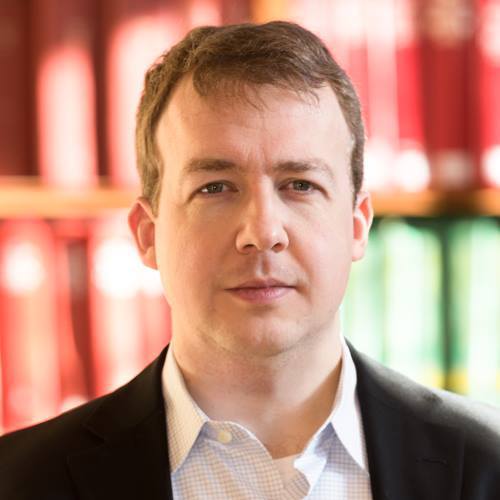
The Freedom From Religion Foundation is urging the U.S. Supreme Court to let stand its recent victory on behalf of New Jersey taxpayers.
The state/church watchdog filed a brief today with the U.S. Supreme Court, encouraging it to reject a request that it review a unanimous FFRF win at the New Jersey Supreme Court. This April, the state’s top court held, 7-0, that New Jersey taxpayers cannot be forced to pay to repair active houses of worship, several of which explicitly sought taxpayer funds in order to further their worship services.
At the heart of the lawsuit, argued in New Jersey state court, is the New Jersey Constitution’s guarantee: “nor shall any person be obliged to pay tithes, taxes, or other rates for building or repairing any church or churches, place or places of worship, or for the maintenance of any minister or ministry, contrary to what he believes to be right.” (Article I, Paragraph 3)
Despite this clear language, Morris County churches are arguing that they are nevertheless entitled to these taxpayer funds, asking the Supreme Court to expand its contentious decision from last year, Trinity Lutheran v. Comer. FFRF’s brief points out that the New Jersey Supreme Court analyzed Trinity Lutheran at length and unanimously agreed that Morris County’s program was significantly different, rejecting each of the county’s arguments.
FFRF also emphasizes that “the New Jersey Supreme Court decision is supported by history tracing back to the earliest days of this country,” and that it “does not conflict with decisions of this court or other courts.” So, there is no reason for the Supreme Court to review it. The New Jersey Supreme Court’s decision, FFRF’s brief points out, is “consistent with a tradition that is as old as the United States itself,” with the New Jersey constitutional provision at issue dating back to 1776. FFRF underscored that this taxpayer protection is a principle that the Founders, including Thomas Jefferson, saw as an essential guarantee to prevent the government from forcing citizens to support religions in which they disbelieve.
“The New Jersey Supreme Court made the right call to protect religious liberty, and did so unanimously,” comments FFRF Co-President Dan Barker. “There’s no need for the Supreme Court to review this clear decision.”
The plaintiffs in the case are David Steketee, an FFRF member, and FFRF itself. In New Jersey state court, Steketee and FFRF were represented by outside counsel Paul Grosswald and FFRF attorneys Andrew Seidel and Ryan Jayne, who will continue as co-counsel. FFRF is represented in front of the Supreme Court by the widely renowned Erwin Chemerinsky, dean of the University of California at Berkeley School of Law and one of the most-cited legal scholars of all time.
“The religious freedom at issue in this case does not lie with the churches, but with citizens like David Steketee,” says Seidel, who also serves as FFRF’s director of strategic response. “That right guarantees that the coercive taxing power of the government may not be wielded to oblige Muslims to bankroll temples and yeshivas, or to compel Jews to subsidize Christian churches and Catholic schools, or to force Christians to fund mosques and madrassas, or force nonbelievers to support any faith.”
The U.S. Supreme Court only reviews about 1 percent of the cases it is asked to take up.
The Freedom From Religion Foundation is a state/church watchdog comprised of mostly nonreligious 32,000 members nationwide, including 600-plus in New Jersey. It is celebrating its 40th year as a national group.

